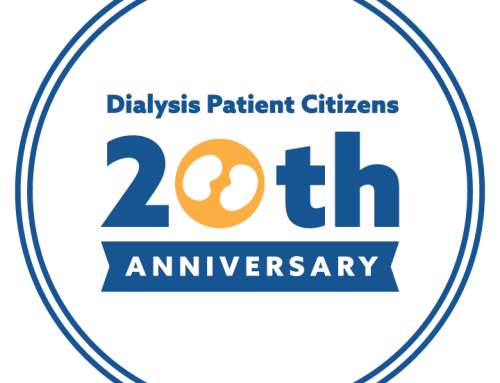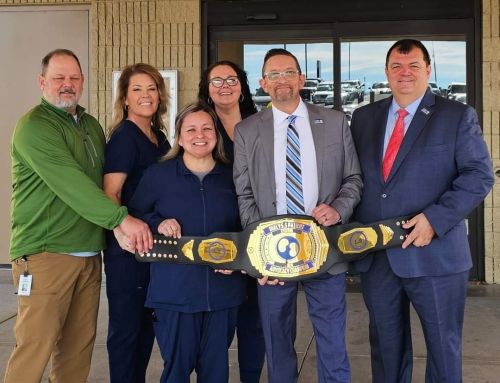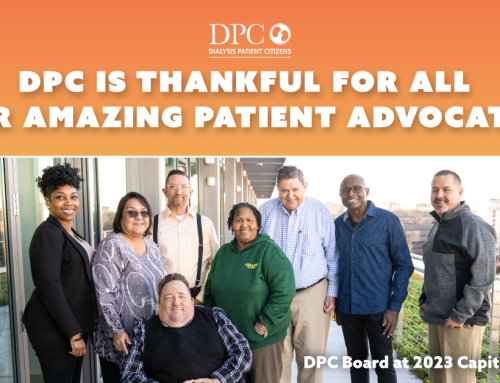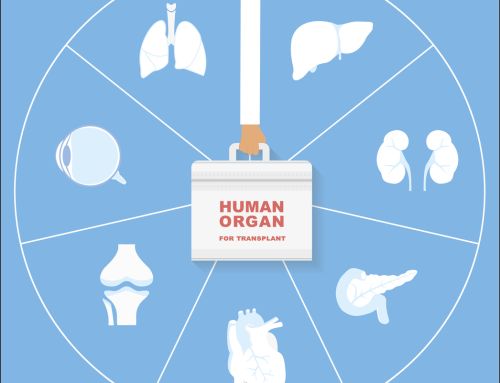The Centers for Medicare & Medicaid Services are preparing new initiatives to promote transplant and home dialysis, and asked the public for recommendations. The request came as part of the President’s Executive Orders “to advance health equity and improve health outcomes for people in need of a life-saving transplant and dialysis,” according to Health and Human Services Secretary Xavier Becerra. DPC responded to several elements of the request.
Equity in Organ Transplantation – DPC reiterated its position, shared by many experts, that Medicare should supplement payments on behalf of disadvantaged patients so providers can give them extra assistance in seeking transplants. Further, Medicare should cover medically necessary dental care for transplant candidates, and reimburse living donors for all their costs.
Discarded Organs – DPC urges CMS to consider alternative formats for transplant center report cards so patients can identify transplant centers with high organ acceptance rates. DPC also recommends requiring transplant candidates be notified of all offers declined on their behalf.
Communication of Waitlist Status – DPC recommends that a pilot project in New Jersey be expanded across the country, as it collects and shares information among transplant programs, dialysis patients, and kidney providers so that patients’ waitlist status is clear to all.
Home Dialysis – DPC reported responses from the 2021 DPC Member Survey relevant to modality consideration. Our surveys continue to find that a large proportion of patients do not recall being meaningfully informed of transplant and home modality options, and that a large proportion of patients who have been informed of home modalities did not and would not seriously consider them. While some patients cite logistical concerns relating to space at home, more cite personal preferences for in-center care.
New Patient Safety Regulations for Home Dialysis Transitions – DPC urges several principles for CMS to follow in considering requests to revise the Conditions for Coverage:
- Patients should be able to exercise informed choice as to their preferred modality.
- Revisions to promote “transitional care via in-center self-dialysis” should be limited to circumstances where self-care already has an evidentiary basis for being implemented safely.
- Self-dialysis must not become a default for patients to start on, but limited to instances where the patient has been fully informed of all modalities in an objective manner and consents to an innovative treatment pattern.
- Patients should retain the right to onsite clinical support while dialyzing.
Disclosure of Joint Venture Arrangements – CMS is considering whether dialysis facilities and nephrologists should be required to disclose information on joint venture arrangements to patients for improved transparency. DPC believes it would be appropriate to report such information on the Dialysis Facility Compare website.


























